15 Things You’re Doing That Secretly Annoy Your Dog
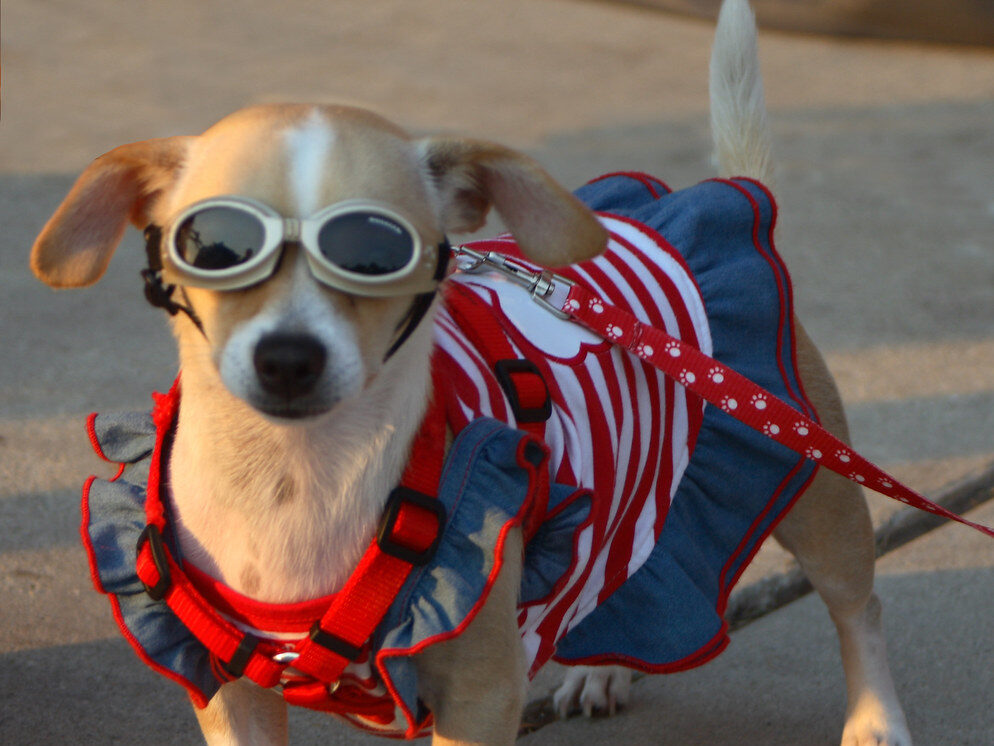
We love our dogs like family, but sometimes, without even realizing it, we do things that drive them a little crazy. They can’t exactly say, “Hey, stop that!” — so they rely on subtle signals. Let’s dive into 15 everyday habits that might be secretly annoying your furry best friend.
Hugging Them Too Much
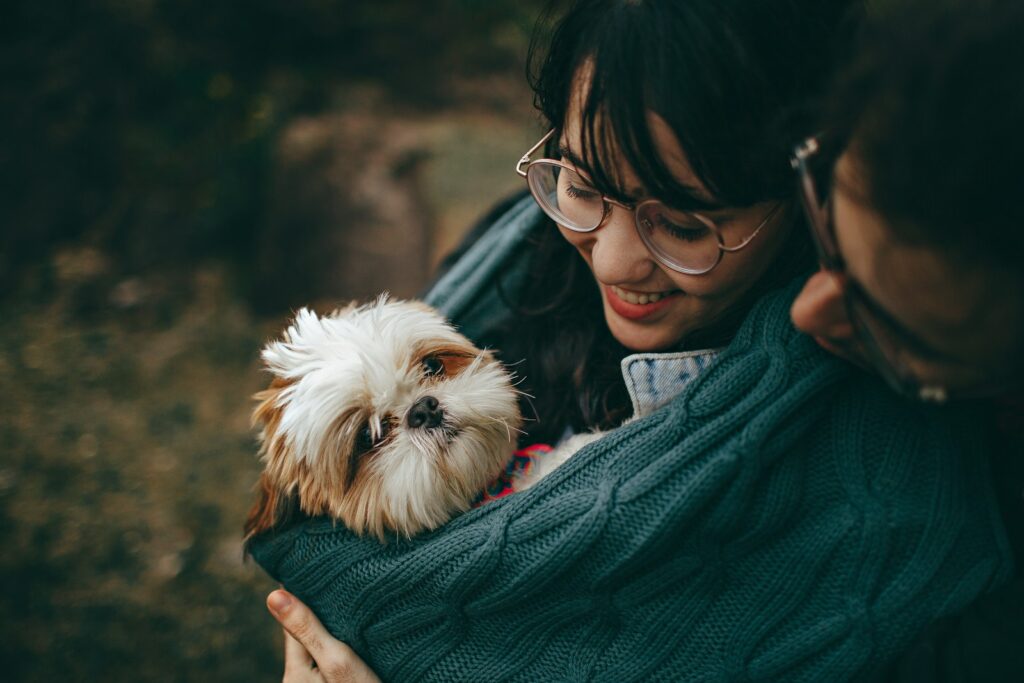
While wrapping your arms around your dog feels affectionate to you, it can make them uncomfortable. In dog language, a tight embrace feels more like being trapped than loved. Ever noticed your dog yawning, turning their head away, or licking their lips during a hug? That’s their polite way of saying, “Please stop.”
Using Strong Scents Around Them

A dog’s nose is about 40 times stronger than ours — imagine walking into a room where someone has sprayed an entire bottle of perfume, and you’ll get the idea. Air fresheners, scented candles, and even essential oils (some of which are toxic to dogs) can be overwhelming. If your pup starts sneezing or leaving the room when you light that lavender candle, it’s their way of saying, “This stinks… literally.”
Ignoring Their Body Language
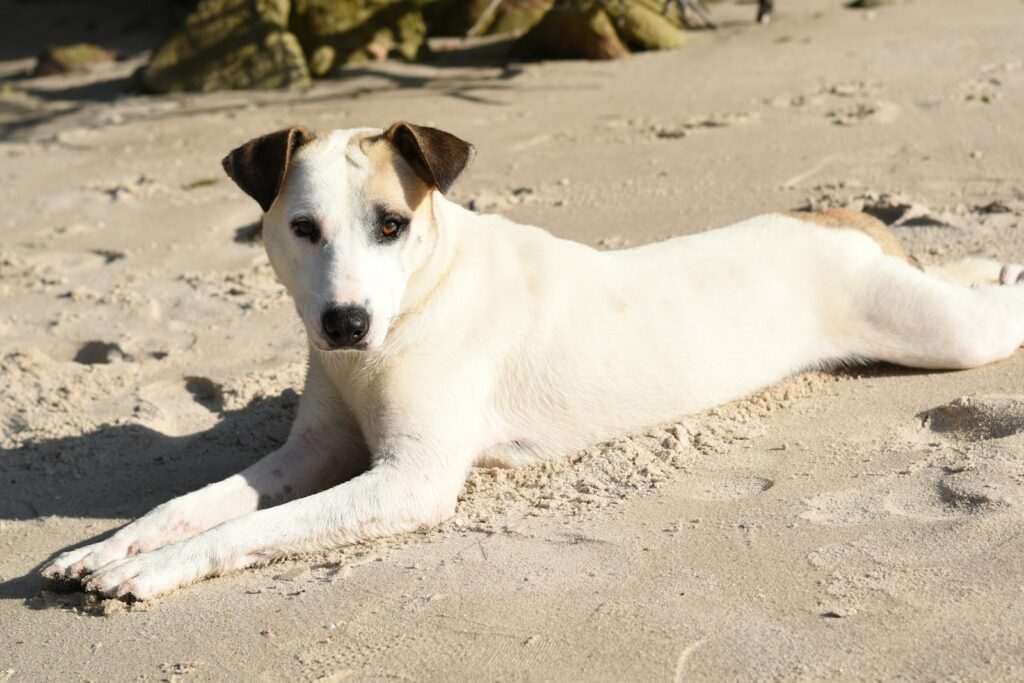
Dogs are masters of subtle communication. A wagging tail does not always mean happiness — it can signal nervousness or excitement, depending on how it wags. Flattened ears, wide eyes, or even a tucked tail are signs of discomfort. For example, if your dog suddenly starts panting indoors when it’s not hot, they might be stressed.
Pulling on the Leash
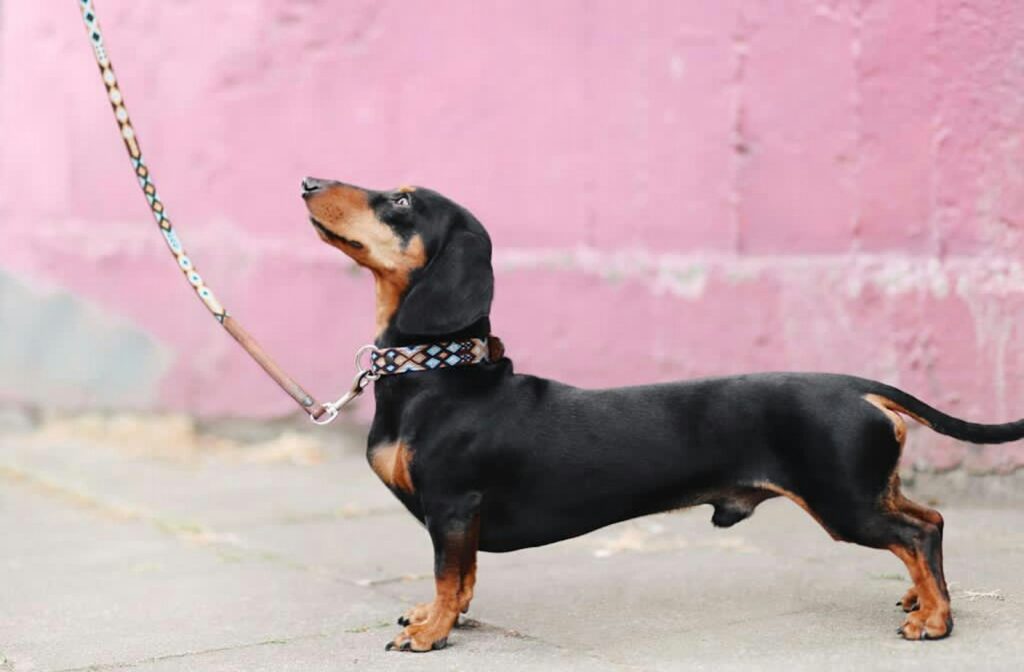
Picture this: you’re out for a relaxing walk, but someone keeps yanking you back every few steps. Annoying, right? That’s how dogs feel when we pull on the leash. It can even cause physical discomfort, especially with traditional collars that put pressure on their throat. Using a front-clip harness gives better control without hurting them, and letting them set the pace occasionally makes walks more enjoyable for both of you.
Dressing Them Up (When They Hate It)
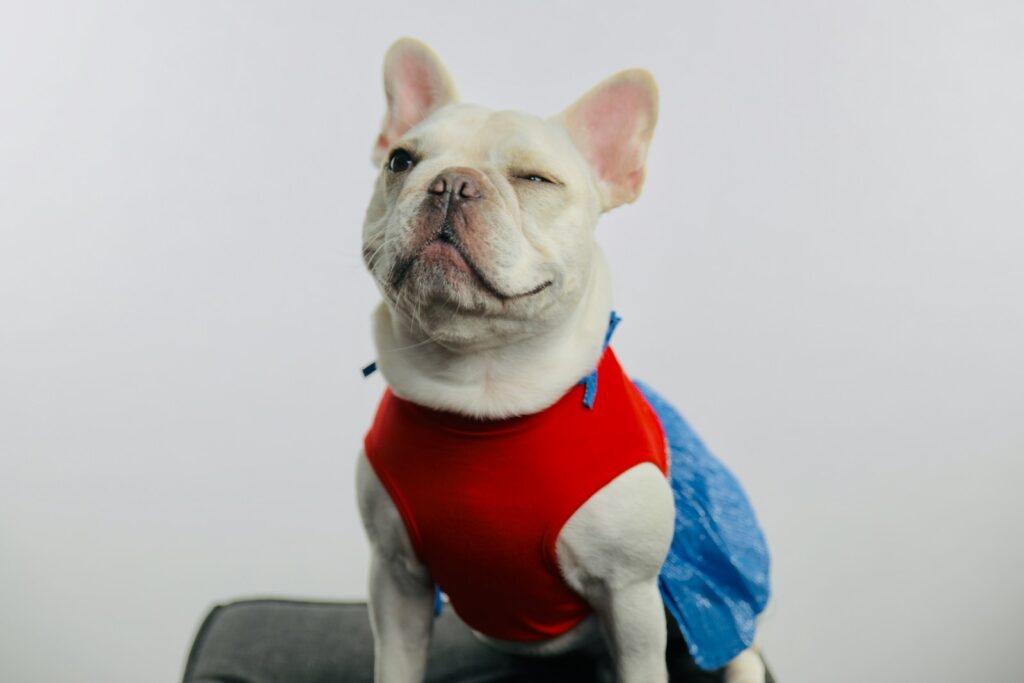
While some dogs happily strut in sweaters, others feel like they’re wearing a straight jacket. Watch for signs like freezing in place, trying to wiggle out, or giving you the “What is this nonsense?” stare. Pups regulate their body temperature differently than humans do, so unless it’s freezing or your dog has very little fur, they probably don’t need that cute reindeer costume.
Forcing Socialization
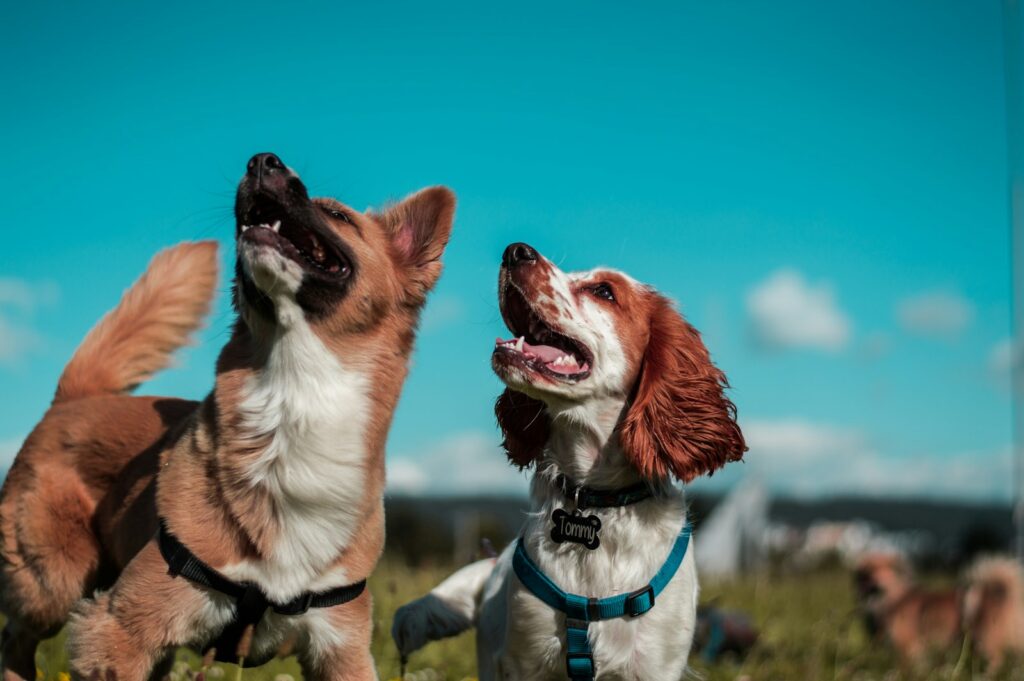
We all want friendly, outgoing dogs, but not every pup is a social butterfly. Forcing your dog to interact with people or other dogs when they’re clearly scared or anxious can make things worse. You might notice them hiding behind you or avoiding eye contact — classic signs of stress. A better approach? Let them take the lead. Positive experiences, on their own terms, will build their confidence over time.
Inconsistent Rules

Dogs thrive on routine and consistency. Imagine if one day you’re allowed to eat dessert before dinner and the next day you’re scolded for it — confusing, right? Dogs feel the same when rules change. If you sometimes allow them on the couch but scold them other times, they won’t understand why. Keeping consistent rules across all family members helps avoid confusion and strengthens their trust in you.
Skipping Mental Stimulation
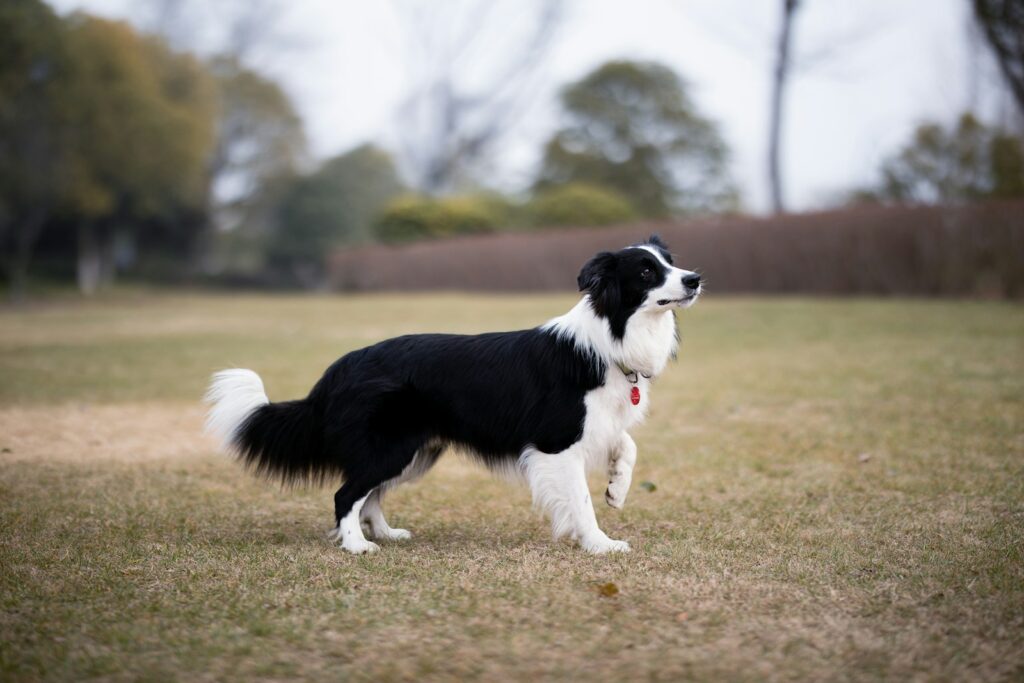
Ever come home to find your dog has shredded a pillow or emptied the trash all over the floor? That’s not misbehavior — that’s boredom. Dogs, especially intelligent breeds like Border Collies or Poodles, need mental workouts just as much as physical ones. Puzzle toys, treat-dispensing balls, or simple training sessions can challenge their brains and help prevent destructive behaviors. Think of it as Sudoku, but for dogs.
Staring Directly at Them
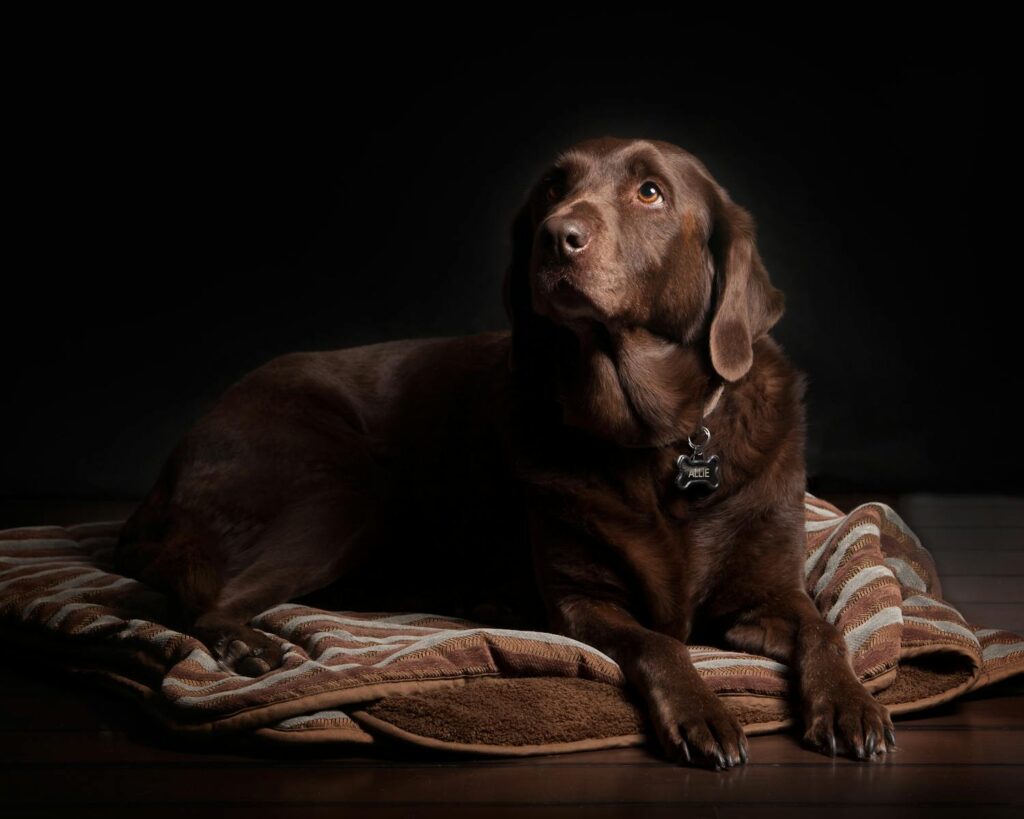
In human culture, eye contact often means confidence or attentiveness, but in the dog world, prolonged staring can feel like a challenge. While your dog may tolerate loving gazes, a hard stare — especially from a stranger — can make them uneasy. Ever seen dogs side-eyeing each other at the park? That’s them politely saying, “I see you, but let’s not fight.” If you want to bond, slow blinks and soft eye contact work wonders.
Leaving Them Alone Too Long
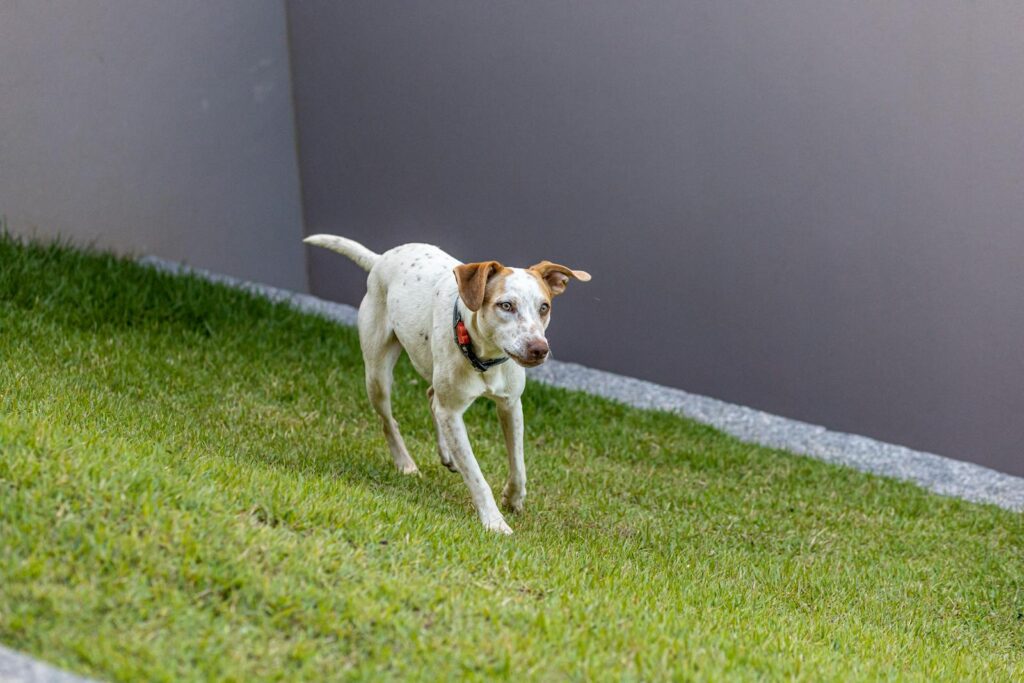
Dogs are social animals, and being left alone all day can lead to separation anxiety. Signs include destructive behavior, excessive barking, or even accidents in the house — not because they’re “bad,” but because they’re stressed. If work keeps you out for long hours, consider doggy daycare, a midday dog walker, or interactive toys to keep them company. Even leaving a piece of clothing with your scent can be comforting.
Using Negative Reinforcement
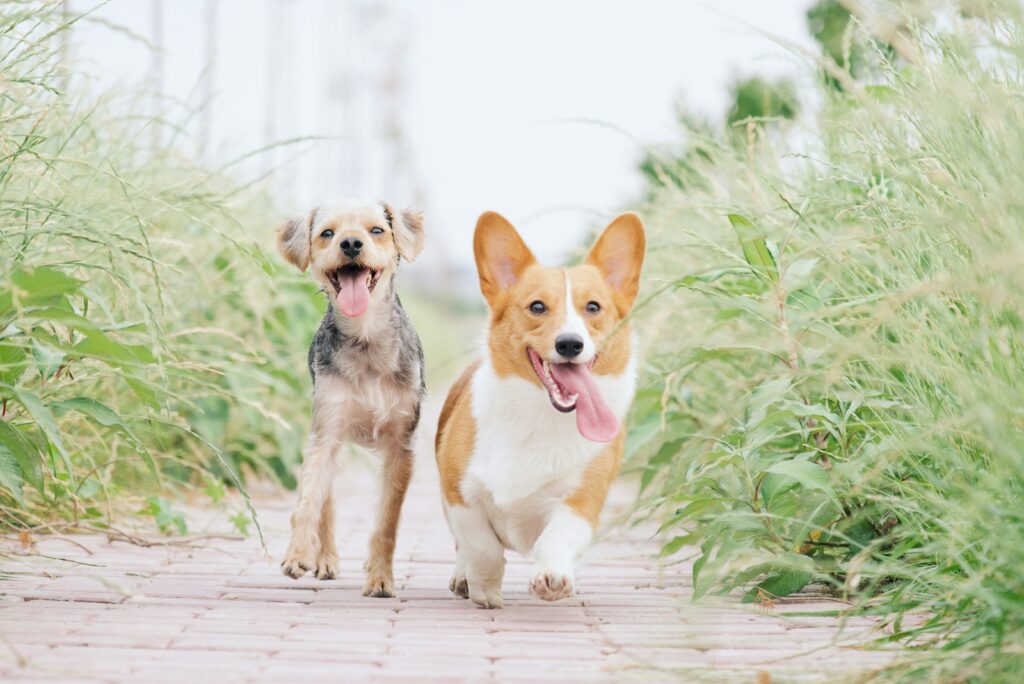
Scolding, yelling, or using punishment-based training methods can seriously harm your relationship with your dog. It doesn’t teach them what to do — only what not to do, often leading to fear and confusion. Positive reinforcement, like treats and praise for good behavior, is far more effective.
Too Many Baths
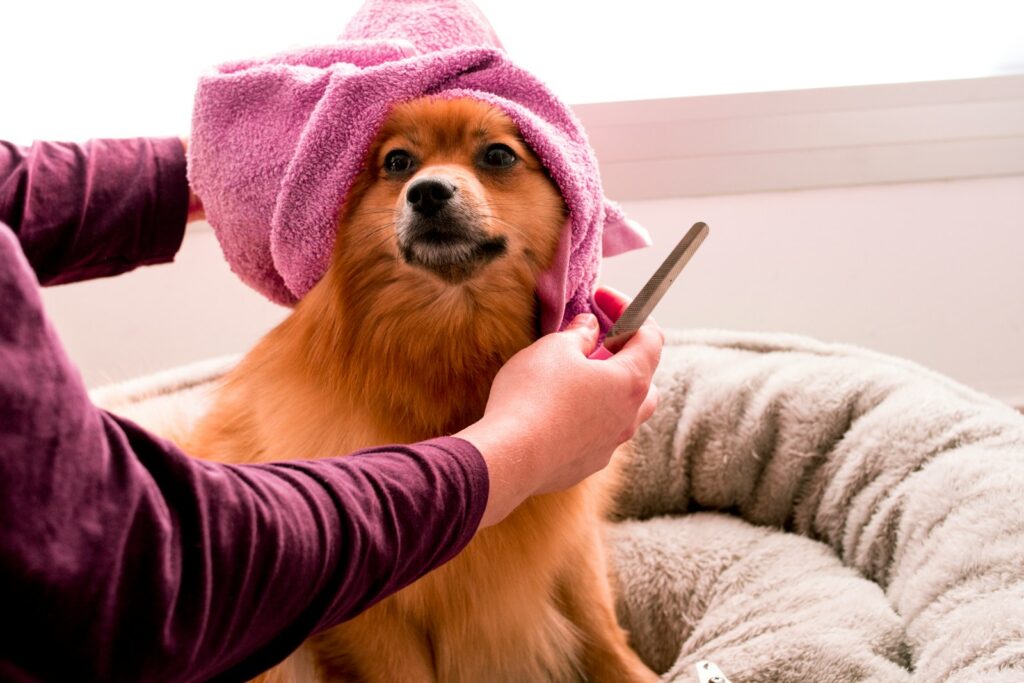
While no one loves a stinky dog, overbathing can strip their coat of essential oils, leading to itchy, flaky skin. Most dogs only need a bath once every month or two — unless they’ve rolled in something questionable (we’re looking at you, mud puddles). Using gentle, dog-specific shampoos can help keep their skin healthy. And if your pup hates baths? A spritz of doggy dry shampoo and a good brushing can be a game-changer.
Not Letting Them Sniff on Walks
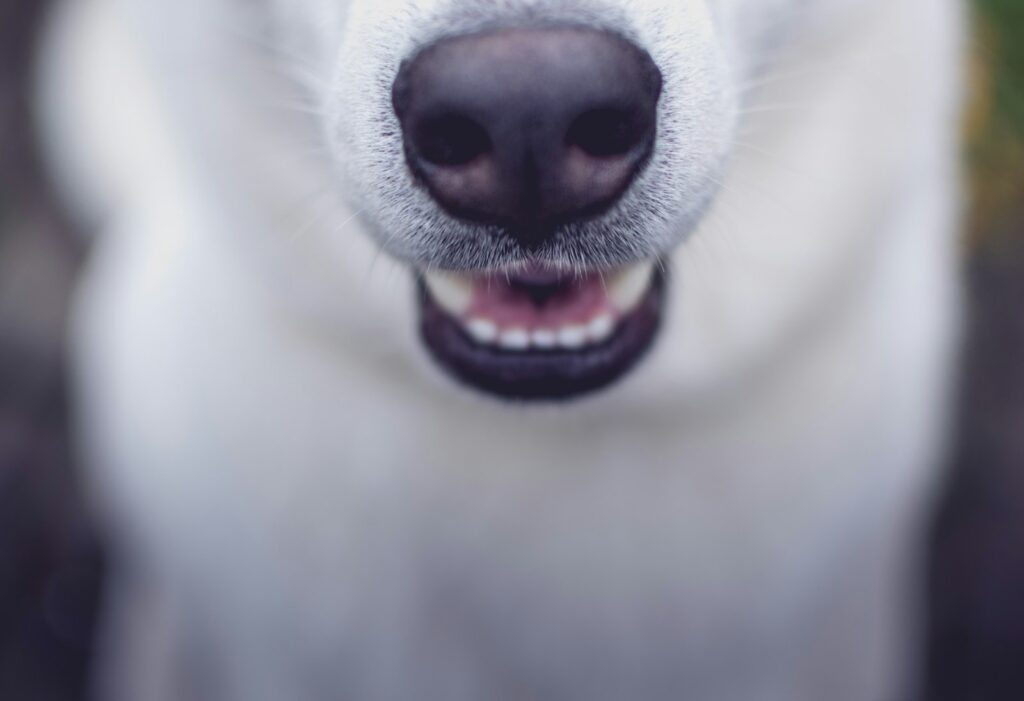
For all pups, sniffing is like reading the morning news. Every tree, bush, and lamppost holds exciting stories — who passed by, what they ate, or even how they’re feeling. Rushing your dog through a walk without letting them sniff is like flipping through your favorite book without reading the pages. Allowing “sniff breaks” during walks helps them feel mentally stimulated and satisfied.
Loud Noises

For dogs, sniffing is like reading the morning news. Every tree, bush, and lamppost holds exciting stories — who passed by, what they ate, or even how they’re feeling. Rushing your dog through a walk without letting them sniff is like flipping through your favorite book without reading the pages. Allowing “sniff breaks” during walks helps them feel mentally stimulated and satisfied.
Teasing Them
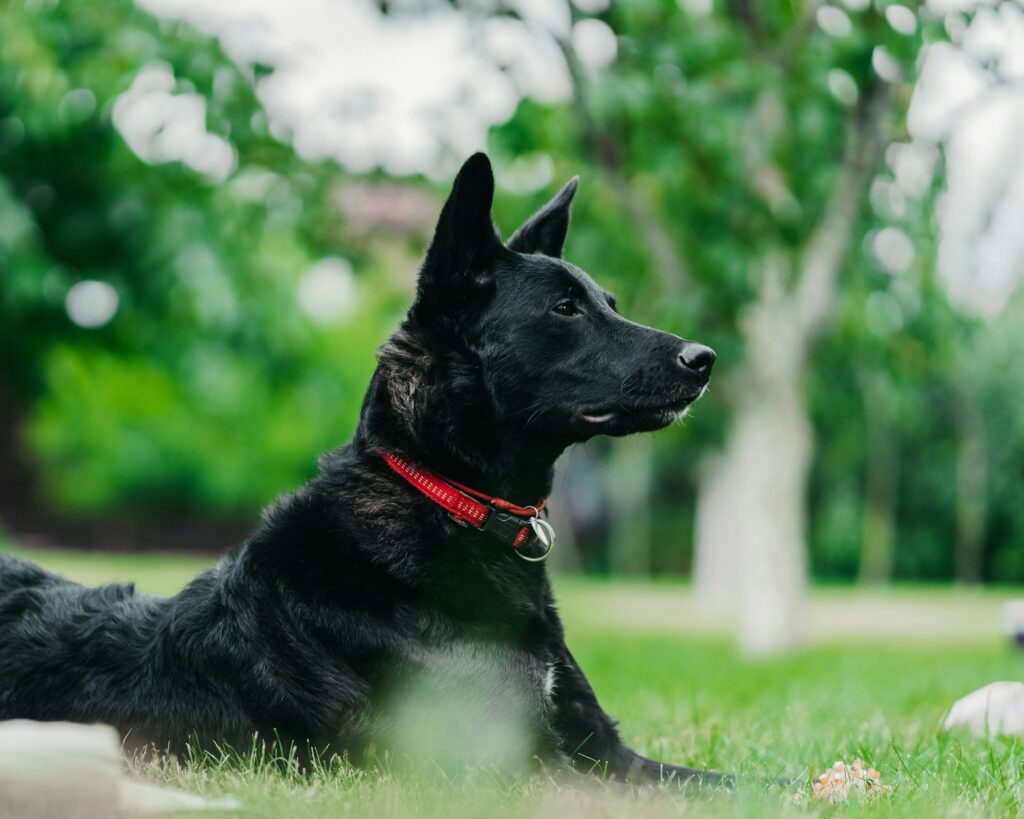
It might seem funny to dangle a treat just out of reach or pretend to throw a ball, but for dogs, this can be confusing and frustrating. Trust is key in your relationship, and teasing can chip away at that. Instead, make playtime enjoyable and rewarding. A good game of fetch or tug-of-war, with plenty of praise, makes your dog feel like a superstar — and strengthens your bond.




